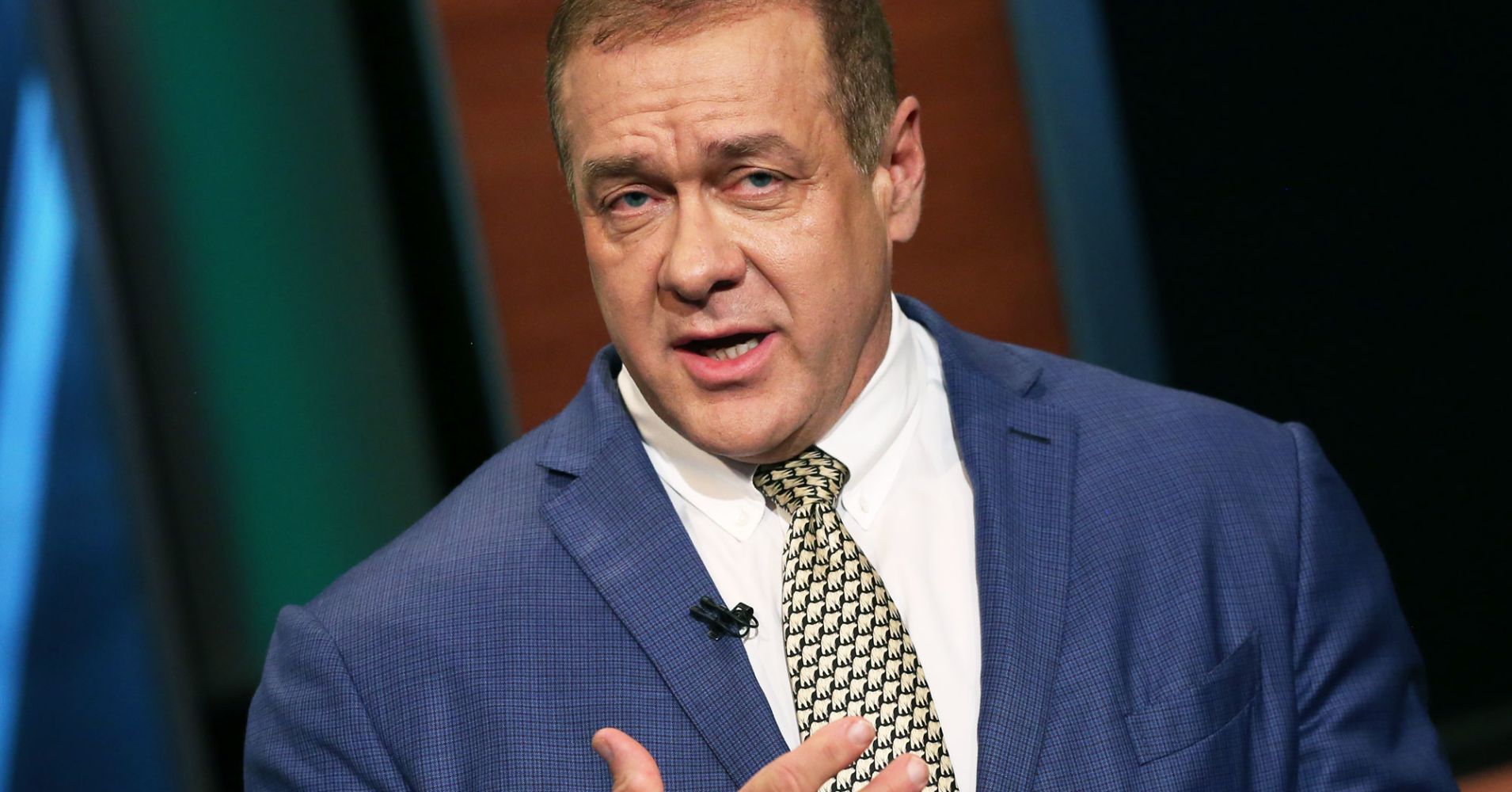Guggenheim’s Scott Minerd expects a recession in 2020, but if Republicans maintain control of Congress in the upcoming elections that could be delayed.
However, there will be a cost, he told CNBC on Wednesday.
“That will extend the expansion but that will make the recession that follows all the worse. We’re already seeing excesses in the system,” said Minerd, the firm’s global chief investment officer and chairman of investments. Guggenheim has $265 billion of assets under management.
On Wednesday, President Donald Trump reiterated his claim that if Republicans perform poorly in next week’s election, “I think you’re going to lose a lot of money.”
The remarks followed Trump’s tweet on Tuesday that said if people want stocks to go down they should vote Democrat.
TRUMP tweet
Trump’s top economic advisor, Larry Kudlow, also weighed in. He told CNBC on Wednesday, “Many investors are concerned that a big change in Congress would cause a rollback of the key factors driving this strong economy.”
Minerd said if Republicans control Congress they would have the opportunity to do things like making tax cuts permanent or enacting middle-class tax cuts and thereby extending the economic expansion.
However, there will also be more pressure on wages and prices, which will make the Federal Reserve even more aggressive in raising interest rates, he explained.
“It would be good for us to have a recession so that we can flush out the excesses in the system and build foundation for a new expansion,” Minerd said on “Closing Bell.” “If we don’t have a recession soon then the downturn that will follow will be even worse.”
Minerd has been predicting a recession in 2020 and a “nasty” bear market. He sees a sell-off of 40 to 50 percent from the highs.
“Expansions don’t die of old age. They die because the central bank takes them outside behind the woodshed and kills them,” he said on Wednesday.
However, he said, because of falling unemployment and mounting price pressures, the Federal Reserve has no choice but to continue raising interest rates. The Fed is expected to hike rates one more time in 2018 and three times in 2019.
However, by 2020 the fiscal lift coming from the nation’s capital will turn negative, Minerd said.
“You are going to have the confluence of higher interest rates and a drag coming out of Washington fiscal policy, and that’s the formula for a recession,” he explained.
That said, the market has only recently been going through a standard seasonal correction and should move about 15 percent higher from here until next May or June.
He said long-term investors should start reducing their exposure to equities now, while traders can buy stocks and exit before seasonal pressures take over in the second half of the year.
Bantahan


 Signal2forex.com - robot Best Forex jeung sinyal
Signal2forex.com - robot Best Forex jeung sinyal




